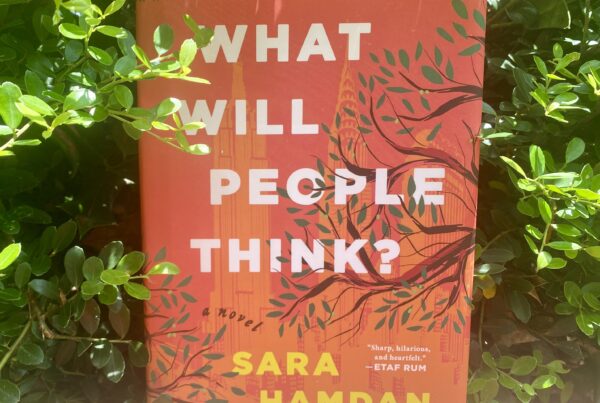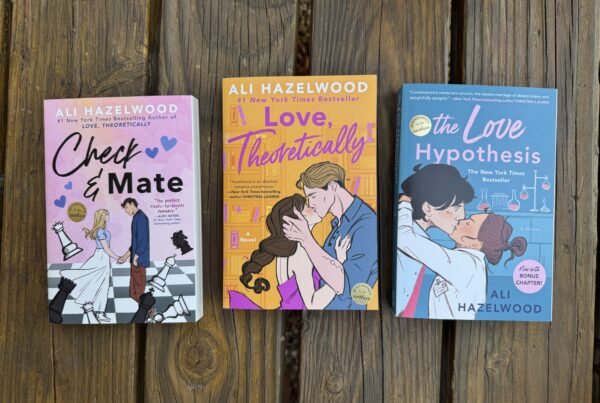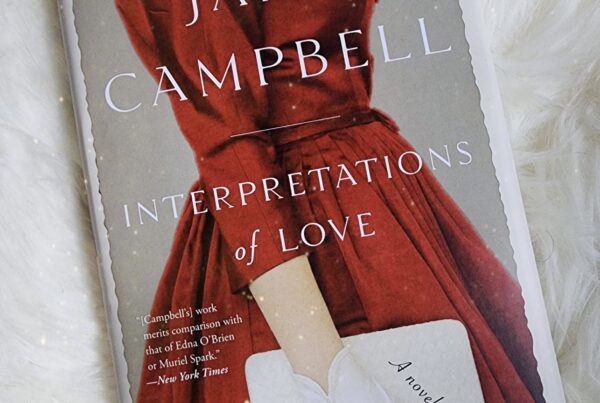Buying gifts for your partner that you actually want for yourself is out. Telling your mother to do it instead is in! For Christmas last year, my mum asked me what book she should get my boyfriend, Dan. After scrolling through long “best of 2022″ lists, I settled on Demon Copperhead almost as soon as I read the synopsis. A modern-day Charles Dickens story set in the American South? I could not have devised a concept more suited to my interests, many of which Dan shares, luckily.
I first fell in love with Barbara Kingsolver my first year of high school (special thank you to fellow bookclique writer Mela Frye!). When we read The Bean Trees, I was captivated by the judgment-free way Kingsolver crafts deeply flawed and troubled characters. Their capacity for growth is not assured, but you race through her chapters still believing in their potential.
Like David Copperfield before him, Demon Copperhead, our titular character, is a neglected boy trying to survive his childhood amidst the raging opioid epidemic ravaging his home in southern Appalachian Virginia. As in The Bean Trees (and not dissimilar from many of Kingsolver’s other protagonists), I found Demon both frustrating and charismatic. I rooted for him not because he necessarily deserves it, but because I was reassured that Kingsolver herself might still find hope for people like Demon. Reading this novel as we continue to stumble blindly through one of the darkest crises in American history, I found myself willing the book to end well, clinging to the idea that a happy ending might signal Kingsolver’s own faith in her Appalachian home.
Through Demon’s eyes, we meet a web of characters that reveals connected figures with different roles in America’s failed war on drugs. “The first to fall in any war are forgotten,” and the line between victims and villains is sometimes blurry. Surely the drug companies are the real antagonists. But what about doctors, pharmacists, dealers? In Demon’s world, some characters use grit and determination to battle their way out of hardship, only for the reader to discover through dramatic irony that they did it (perhaps unknowingly) at the expense of their own kin.
In the forward to the Barnes and Noble edition, Kingsolver quotes her own novel: “People love to believe in danger, as long as it’s you in harm’s way, and them saying bless your heart.” When I reached this sentence in Chapter One, I noticed that Dan had underlined this very line despite not reading the forward. It clearly struck both of us. Kingsolver is urging us not to be gawking bystanders of the opioid tragedy. She wants us to use her gripping story as a reminder that the tragedies Dickens sought to expose 170 years ago continue to haunt us.
While the effects of publishing this book remain to be seen, the fact that it won the Pulitzer is a hopeful sign that acclaim will bring badly-needed attention to the epidemic. Since Dickens published David Copperfield, we have developed myriad ways to expose the malfeasance and corruption hurting our society’s most vulnerable people. Yet I believe Kingsolver ultimately demonstrates that a good story has power in the fight for change and accountability.




